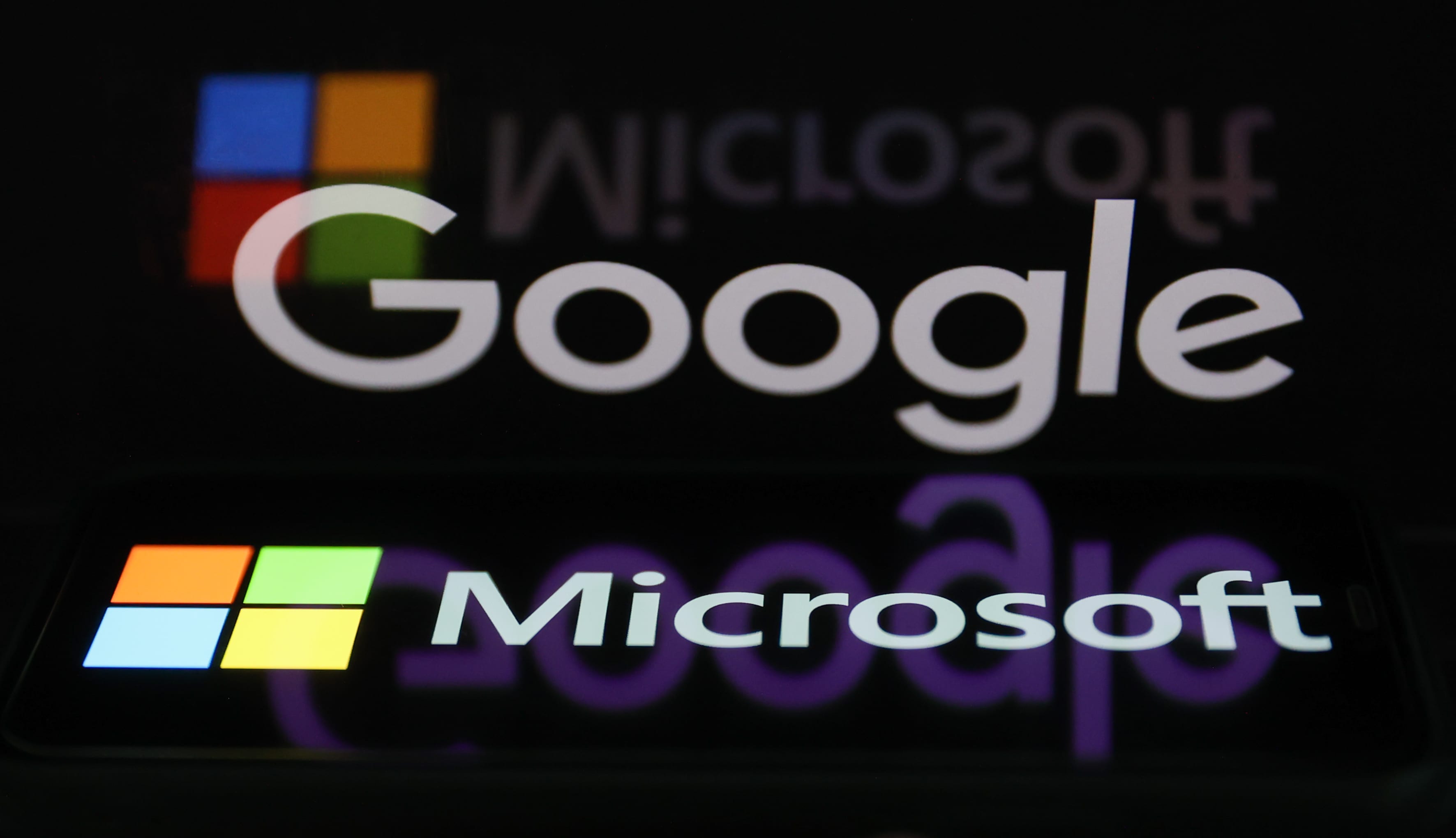
Google Accuses Microsoft of Anticompetitive Practices in Cloud Market
In a bold move that could reshape the competitive landscape of cloud computing, Google has lodged a formal antitrust complaint against Microsoft with the European Commission. The crux of Google's accusation is that Microsoft employs unfair licensing practices through its Azure cloud services, thereby stifling competition and locking customers into its ecosystem. This complaint not only highlights the ongoing rivalry between these tech giants but also underscores the increasing scrutiny of big tech’s influence in the marketplace.
Google, which currently ranks third in the global cloud market, alleges that Microsoft's licensing agreements impose excessive financial penalties on businesses seeking to utilize competing cloud platforms. Essentially, Google argues that these practices make it difficult for customers to transition their workloads away from Azure, despite the absence of any technical barriers preventing such moves. In its complaint, Google cites a study from CISPE, a trade organization representing cloud providers, which indicates that European businesses and public sector organizations could be paying up to €1 billion (around $1.1 billion) annually due to Microsoft's restrictive licensing terms.
Also Read:- Hurricane Helene Disrupts Air Travel Across Florida Airports
- UK Troops Deployed to Cyprus Amid Growing Tensions in Lebanon
This complaint comes on the heels of a previous settlement reached between Microsoft and various European cloud companies, where Microsoft agreed to modify its practices to alleviate competition concerns. However, Google has opted not to participate in this settlement, claiming that the arrangement does not address the broader issues at hand. In response, Microsoft maintains that it has already resolved similar concerns and expects the European Commission to dismiss Google’s allegations.
According to Google's complaint, the licensing practices implemented by Microsoft effectively serve as a “tax” on customers who wish to run Microsoft Office and other applications on competing cloud platforms like Google Cloud or Amazon Web Services. This not only increases operational costs for businesses but may also elevate security risks, as companies become more dependent on a single provider. Google’s Cloud head, Amit Zavery, emphasized the importance of fostering a diverse and competitive cloud market, stating that current restrictions hinder customer choice and could compromise cybersecurity.
Moreover, Google references a report from the UK's Competition and Markets Authority, which highlights that Microsoft captured between 60% to 70% of new cloud customers in the UK during 2021 and 2022. This statistic underscores the growing dominance of Microsoft in the cloud arena, which has raised alarms among competitors and regulators alike. Google’s insistence on transparency and fair competition is indicative of a broader push for regulatory scrutiny of major tech companies, particularly as their influence expands across multiple sectors.
While Microsoft has robustly denied any wrongdoing and asserts that the cloud market is functioning well, the European Commission is now faced with the task of evaluating Google’s complaint. The outcome of this investigation could have significant ramifications, not only for Microsoft but for the entire cloud computing industry. As the digital landscape continues to evolve, the implications of this complaint may lead to greater accountability and reform in how cloud services are delivered and managed.
So, Google’s move to file an antitrust complaint against Microsoft highlights a critical moment in the tech industry, reflecting ongoing tensions over market power and competition. As both companies prepare for the unfolding developments, the eyes of the business world will undoubtedly remain focused on the European Commission’s next steps and how they may influence the future dynamics of cloud computing.
Read More:

0 Comments